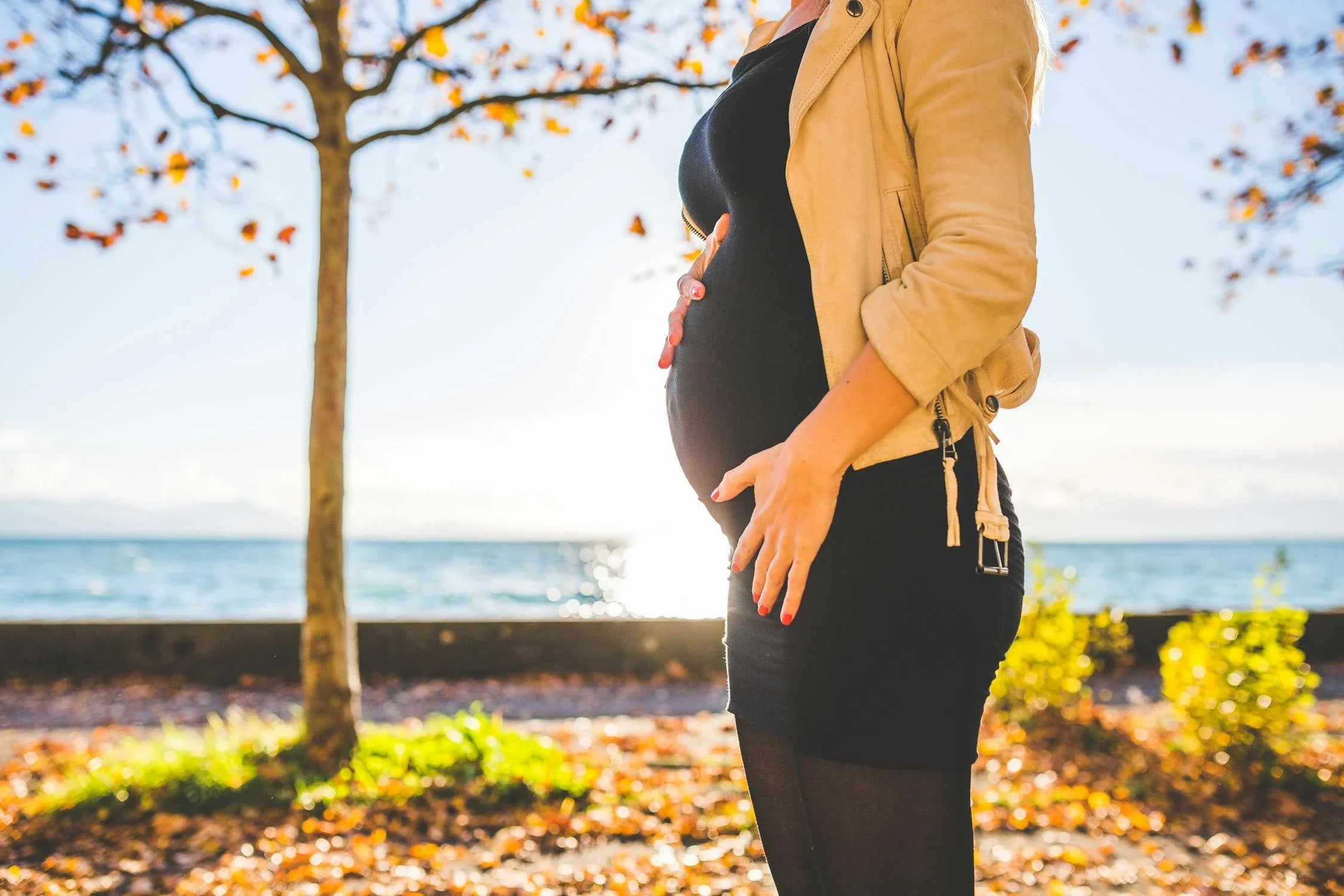Accueil
Pregnancy, Breastfeeding, and Pumping: The Ultimate Guide for Moms
How Many Days Before Period Can You Take Pregnancy Test

How Many Days Before Period Can You Take Pregnancy Test
When it comes to taking a pregnancy test, timing is everything. Many women wonder how many days before their period they can take a pregnancy test to get accurate results. The answer depends on several factors, including the sensitivity of the test and the regularity of your menstrual cycle. This article will guide you through the science of pregnancy testing, the best time to take a test, and tips for ensuring accuracy.
Understanding Pregnancy Tests
Pregnancy tests work by detecting the presence of human chorionic gonadotropin (hCG), a hormone produced by the placenta after a fertilized egg attaches to the uterine lining. The level of hCG in your body increases rapidly in the early stages of pregnancy, doubling approximately every 48 to 72 hours.
Most pregnancy tests are designed to detect hCG levels in urine. The sensitivity of a test is measured in milli-international units per milliliter (mIU/mL). Tests with lower mIU/mL values can detect pregnancy earlier than those with higher values. For example, a test with a sensitivity of 10 mIU/mL can detect lower levels of hCG than a test with a sensitivity of 25 mIU/mL.
When Can You Take a Pregnancy Test?
The timing of when you can take a pregnancy test depends on when implantation occurs. Implantation typically happens 6 to 12 days after ovulation. Once implantation occurs, hCG levels begin to rise, and a pregnancy test can detect the hormone shortly thereafter.
For most women, the best time to take a pregnancy test is after a missed period. However, some highly sensitive tests can detect hCG levels as early as 7 to 10 days after ovulation, which is a few days before your expected period. If you have a regular 28-day cycle, this would be around 21 to 24 days after the first day of your last menstrual period.
Factors Affecting Test Accuracy
Several factors can influence the accuracy of a pregnancy test, including:
- Test Sensitivity: As mentioned earlier, tests with lower mIU/mL values can detect pregnancy earlier.
- Timing of Implantation: If implantation occurs later than usual, hCG levels may not be high enough to detect on the day of your expected period.
- Urine Concentration: Taking the test with your first-morning urine, which is more concentrated, can increase the chances of detecting hCG.
- User Error: Not following the test instructions properly can lead to inaccurate results.
Tips for Accurate Testing
To ensure the most accurate results, follow these tips:
- Use a Highly Sensitive Test: If you want to test before your missed period, choose a test with a sensitivity of 10 mIU/mL or lower.
- Test with First-Morning Urine: Your first-morning urine is the most concentrated and will contain the highest levels of hCG.
- Follow Instructions Carefully: Read the test instructions thoroughly and follow them precisely.
- Wait for the Right Time: If you test too early, you may get a false negative. Waiting until after your missed period increases the likelihood of an accurate result.
What to Do If You Get a Positive Result
If your pregnancy test is positive, it’s important to confirm the result with a healthcare provider. They can perform a blood test, which is more sensitive than a urine test, and provide guidance on next steps.
Even if you get a negative result but still suspect you might be pregnant, wait a few days and test again. hCG levels increase rapidly in early pregnancy, so a test taken a few days later may yield a positive result.
When to Seek Medical Advice
If you experience symptoms of pregnancy, such as a missed period, nausea, or breast tenderness, but continue to get negative test results, consult a healthcare provider. There may be other underlying issues, such as hormonal imbalances or medical conditions, that need to be addressed.
Additionally, if you have irregular periods, it may be more challenging to determine the best time to take a pregnancy test. In such cases, tracking ovulation using methods like basal body temperature charting or ovulation predictor kits can help you identify the optimal time for testing.
Conclusion
Understanding how many days before your period you can take a pregnancy test is crucial for obtaining accurate results. While some tests can detect pregnancy as early as 7 to 10 days after ovulation, waiting until after a missed period generally provides the most reliable outcome. By choosing a highly sensitive test, using first-morning urine, and following instructions carefully, you can increase the likelihood of an accurate result. If you’re unsure or have concerns, don’t hesitate to seek medical advice.
Curious about the best time to take a pregnancy test? Whether you’re trying to conceive or just want to be sure, understanding the science and timing behind pregnancy testing can make all the difference. Don’t leave it to chance—get the answers you need with confidence.
Partager
